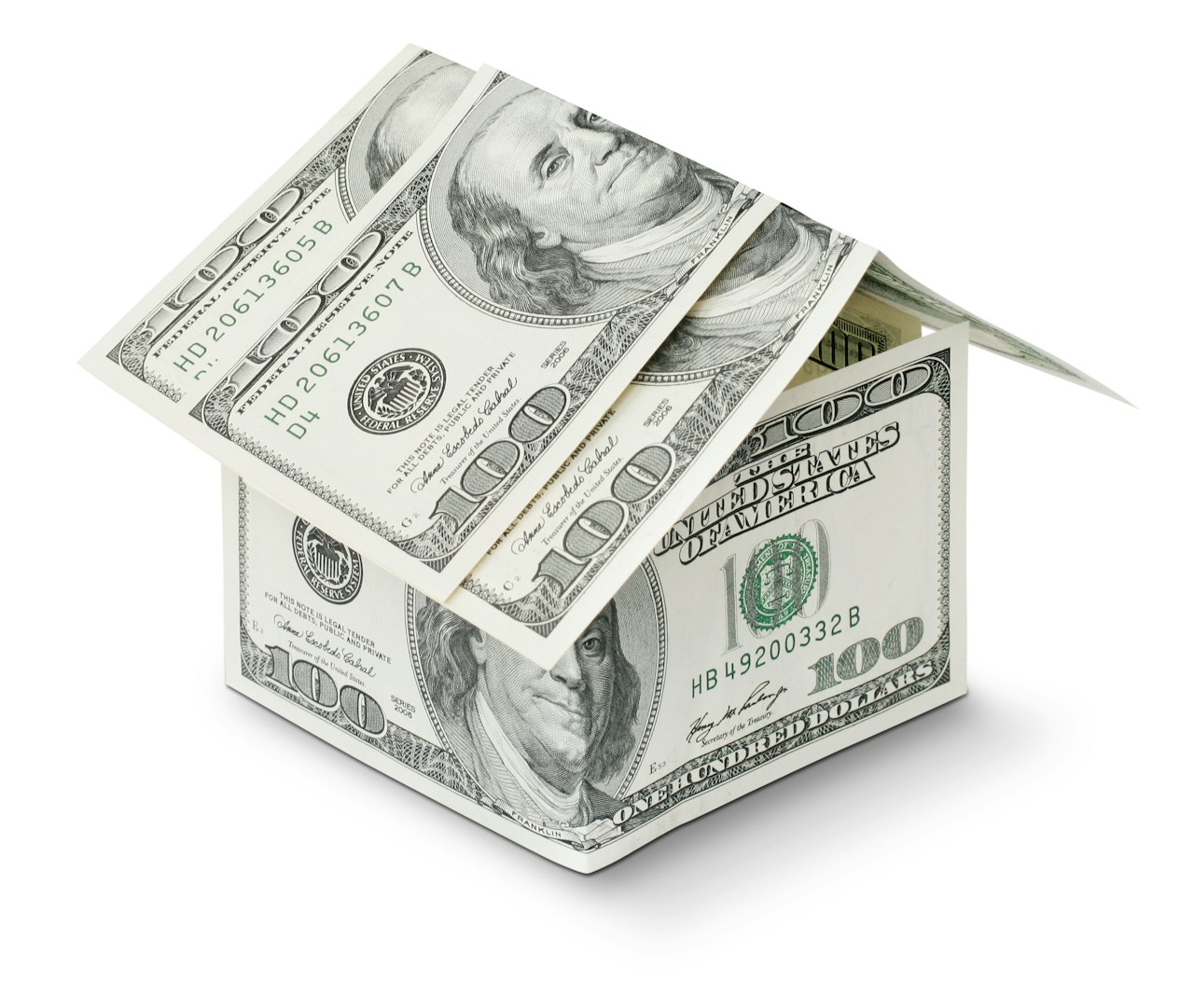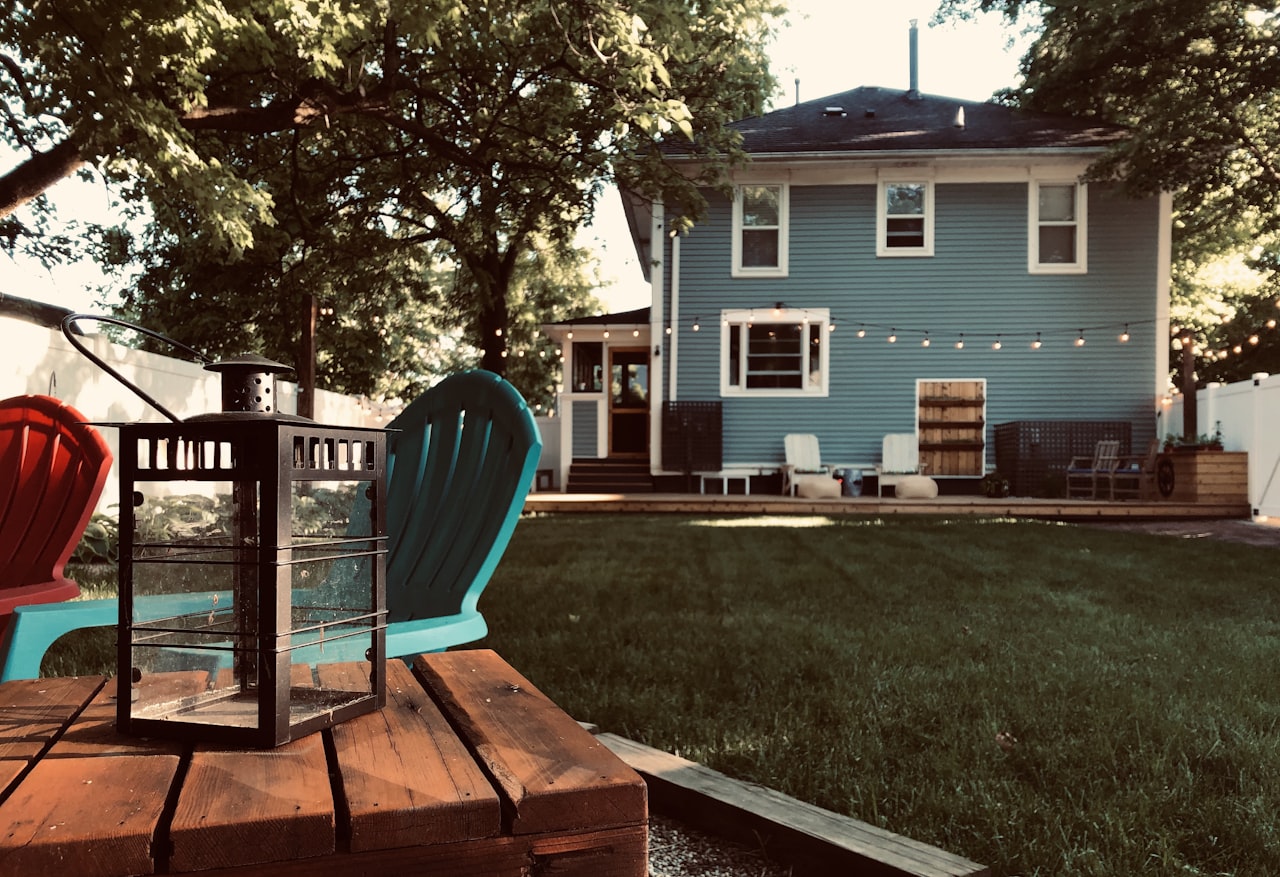The Art of Pricing Your Home Right: A Guide to Maximizing Your Real Estate Investment
Are you planning to sell your home? One of the most critical decisions you'll make in this process is determining the right price. Pricing your home properly is not just about picking a number; it's a strategic decision that can significantly impact the success of your sale. Here's a comprehensive guide to help you navigate through the intricacies of pricing your home for the market:
-
Research Comparable Properties: Begin by researching similar homes in your area that have recently sold. These are called "comparables" or "comps." Look for homes with similar square footage, number of bedrooms and bathrooms, amenities, and location. Analyze both the listing prices and the final sale prices to gauge the market trends accurately.
-
Consider Market Conditions: Real estate markets are dynamic and can vary greatly depending on factors like seasonality, economic conditions, and local trends. Is it a buyer's market or a seller's market? Understanding the current market conditions will help you determine the appropriate pricing strategy. In a seller's market with high demand and low inventory, you may be able to set a slightly higher price. In a buyer's market with more inventory and less demand, pricing competitively is crucial to attract buyers.
-
Factor in Unique Features and Upgrades: Does your home have any unique features or recent upgrades? These can add significant value and should be taken into account when pricing your home. Whether it's a renovated kitchen, a backyard oasis, or smart home technology, highlight these features and price accordingly.
-
Consult with a Real Estate Agent: While you can conduct research on your own, consulting with a real estate agent brings invaluable expertise and market insights to the table. Agents have access to comprehensive data and can perform a comparative market analysis (CMA) to help you determine the optimal listing price for your home. They can also provide recommendations on staging, marketing strategies, and negotiating with potential buyers.
-
Be Realistic and Flexible: It's essential to be realistic about your home's value and avoid overpricing. While it's natural to want to get the highest possible price for your property, an inflated price can deter potential buyers and lead to longer days on market. Be open to feedback from your real estate agent and be willing to adjust your price if necessary based on market feedback.
-
Factor in Closing Costs and Negotiation Room: When setting your asking price, consider factors like closing costs and potential negotiation room. Buyers may negotiate the price down during the offer stage, so it's wise to factor in some cushion for negotiation while still aiming for a fair market value.
-
Monitor and Adapt: Once your home is listed, keep a close eye on market feedback, showing activity, and any competing properties that come on the market. If your home isn't generating sufficient interest or offers, be prepared to reassess your pricing strategy and make adjustments as needed.
In conclusion, pricing your home properly is a crucial step in the selling process. By conducting thorough research, considering market conditions, leveraging unique features, consulting with professionals, and staying flexible, you can maximize your chances of a successful sale at the best possible price. Remember, it's not just about setting a number—it's about strategically positioning your home to attract the right buyers and secure a favorable outcome.




